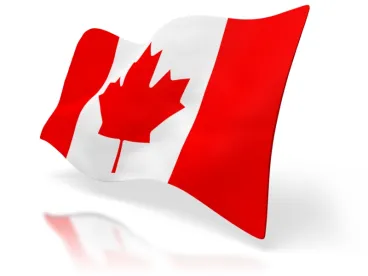The biggest changes to Canadian trademark law in 60 years are coming soon – most should be in force before the end of 2014.
The changes will affect everyone whose business involves branding in Canada. While all of the provisions are intended to streamline the registration process for legitimate users, many observers fear that at least one of the changes will create easy opportunities for squatters to sit on rights that should legitimately belong to others, until the squatters are forced away – at considerable expense, and, in many cases, with considerable statutory delay – or simply paid to go away.
Other amendments will raise renewal fees for granted trademarks. Trademark owners should consider renewing now in order to save money.
In view of the wide range of amendments, and their varying effects on trademark protection strategies, anyone using brands in Canada should consult with their trademark agents. At a minimum, anyone using an unregistered trademark in Canada should consider filing for protection immediately.
Among the most significant changes introduced by Parliament’s Bill C-31 are:
-
Use of mark no longer required for registration
Historically, it has been necessary to claim (and sometimes prove) that a mark is in actual commercial use in Canada before a registration could be granted. This is consistent with other jurisdictions, such as the United States. When the new law takes effect, however, any person who simply claims an intent to use a mark will be entitled to register it in Canada: the Trade-marks Office will no longer question whether use or intent actually exists.
With the Office no longer policing use, the only options available for interested parties to free the register of unused trademarks will be to either oppose the application at the opposition stage – which will require continuous monitoring of trademark publications – or to file for expungement of the registration, after a 3 year period of non-use. Either option is sure to incur significant cost for legitimate brand owners.
-
Simplified International Registration: Madrid Protocol
While it is not appropriate for all brand owners, use of the Madrid Protocol for simplified and cost-effective international registration – adoption of which is long overdue in Canada – will provide a powerful new option for those doing business in multiple international venues. The wait is not quite over, however: implementing regulations for both the Madrid Protocol and more technical improvements under the Nice Agreement are not expected to be completed until sometime in 2015.
-
Sounds, Scents, Tastes, and Textures: Expanded Definition of “Trademark”
Creative ways of promoting brands will be encouraged by addition of a broad new range of media eligible for registration. For those who can demonstrate distinctive associations with their own goods and services, these will include colors, figurative elements, holograms, moving images, sounds, scents, tastes, and textures.
-
Owners beware: the renewal term is truncated
As part of the effort to conform Canadian practice to that of the rest of the world, the period for renewal of registered marks is being shortened: from 15 years to 10. Those owning registered marks should confirm correct renewal dates with their trademark agents, once this amendment has been implemented.
Owners of marks they will likely want to continue using should consider renewing now, in order to avoid higher and more frequent renewal cases once the legislation is in effect.
A number of other amendments, meant to streamline the registration process and bring Canada closer into line with the rest of the world, have been passed. These include adoption of the Nice Agreement for classification of goods and services; providing for division of applications where registration is proper for some goods or services but not others; and adoption of more standard international terminologies for application terms.
Brand owners should consult closely with their trademark agents well in advance of implementation of these amendments.






 />i
/>i

